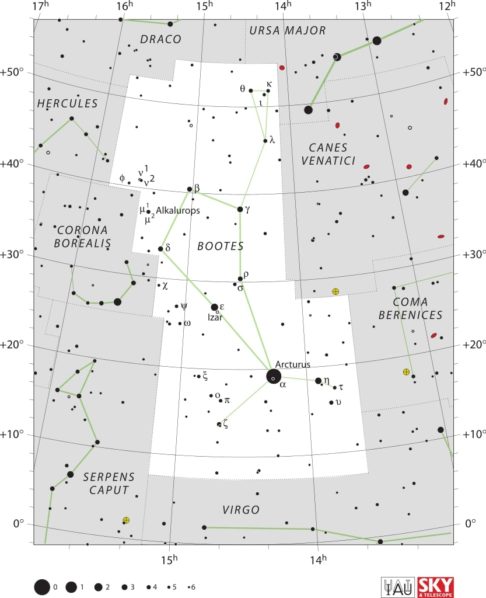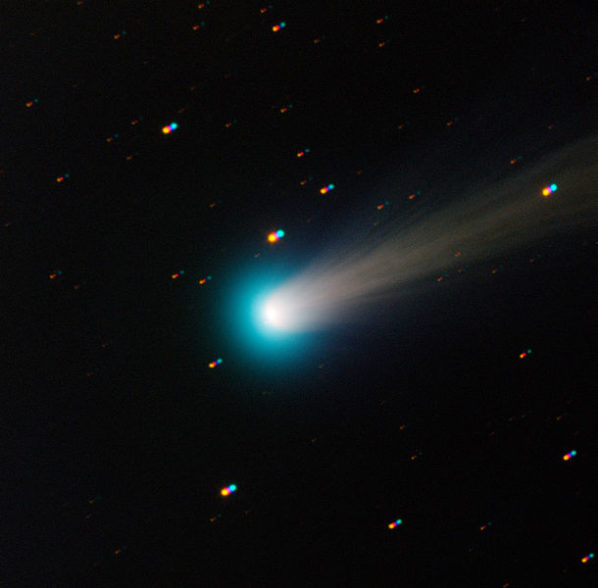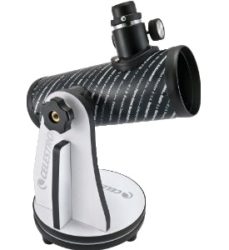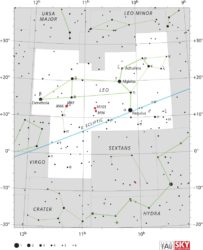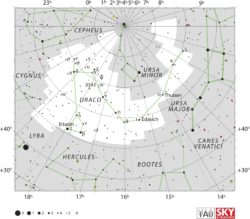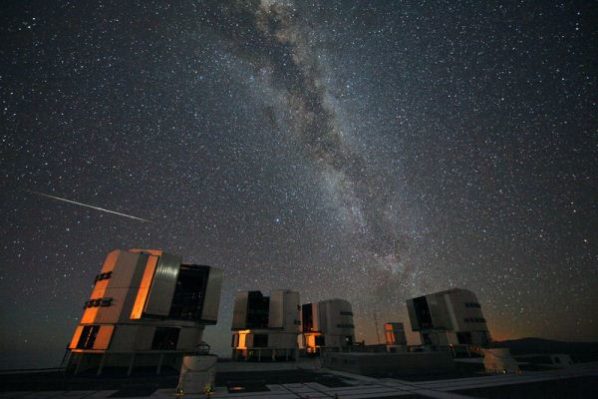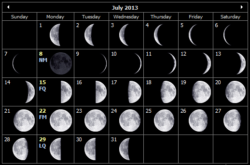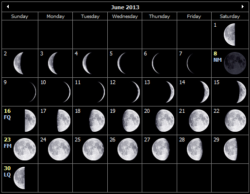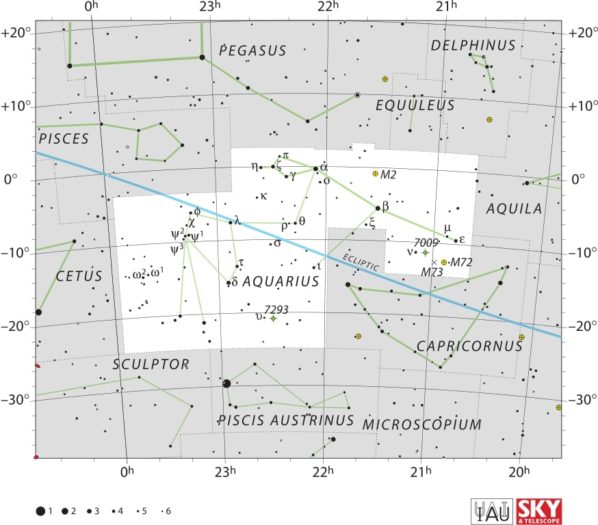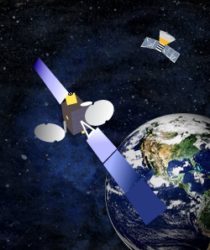Monthly Stargazing Calendar for January 2014
On January 5 the planet Jupiter was at Opposition. This means that the giant planet was at its closest approach to Earth and its face was fully illuminated by the Sun. The weeks preceding and following this event are the best time to view and photograph Jupiter and its moons.
Monthly Stargazing Calendar for December 2013
Last month on Thanksgiving day comet ISON made a close approach to the Sun and unfortunately disintegrated in the process. It is possible that small pieces of the comet survived this encounter and if so, they will pass near the Earth by the end of this month.
Telescopes for Children
All parents around the world are often struggling with choosing the best present for their children, one that will be in some way useful in their development, but one that children will still enjoy. We all know that children’s interests change more often than fashion trends. I myself, when I was little, had a period when I was collecting stamps, coins, and letter paper, was a part of scouts, and a dancing crew and all of that within one year only. Therefore, we realise that trying to interest them in an expensive hobby may not be the best idea as we are running into the risk of first enthusiasm followed…
Monthly Stargazing Calendar for November 2013
Earlier this month there were two major astronomical events: a hybrid solar eclipse on November 3rd and the Taurids meteor shower peak on the night of November 4 and 5. If you missed those two events, don't worry, there are two more coming up this month!
Monthly Stargazing Calendar for October 2013
Tonight (October 7 - 8) is the peak of the Draconids meteor shower. It is a minor meteor shower producing only about 10 meteors per hour during the peak, but some meteors can be seen one day before and after the peak. It originates from dust grains left behind by comet 21P Giacobini-Zinner, which was first discovered in 1900.
Monthly Stargazing Calendar for August 2013
Tonight (August 11 - 12) is the peak of one of the largest and perhaps one of the most famous meteor showers of the year, the Perseids meteor shower. It can produce as many as 90 meteors per hour at its peak but some meteors can be seen from July 17 to August 24. The first quarter moon will set shortly after midnight leaving dark skies for what should be an excellent show.
Blue Gas Giant Discovered in Distant Solar System
Observing starlight variations, scientists confirmed HD 189733 b as a blue planet, shedding light on exoplanet properties through host star analysis.
Monthly Stargazing Calendar for July 2013
This month there will be only one major astronomical event. On July 27, 28 we will witness the Southern Delta Aquarids meteor shower. It is an average shower that can produce up to 20 meteors per hour at its peak on the night of July 27 and morning of July 28, but some meteors can be visible from July 12 to August 23.
Monthly Stargazing Calendar for June 2013
Unlike last month, this won't be a such an eventful month when it comes to astronomical events. Mercury will be at its greatest eastern elongation and then we will have the June solstice. We will also have the largest full moon of the year.
5 Effective Ways To Track Entertainment Spending
Tracking expenses for entertainment is one of the hardest things to do. The reason it's so hard for most of us to get our heads around expenses is because we're too busy having fun and not monitoring our monthly budget. Here are five simple ways to get on top of your entertainment expenses before they derail your savings account.
Monthly Stargazing Calendar for May 2013
May 2013 stargazing events: There will be a meteor shower, a solar eclipse, a conjunction of Venus and Jupiter, and a penumbral lunar eclipse.
Could Space Junk Be a Threat to Our Hi-Tech Way of Life?
Space waste, space junk, orbital debris…whatever you call this orbiting mass of objects, they are a big issue. Space waste doesn't just make earth's orbital corridors look untidy, it poses a very real threat to the future of space exploration and our way of life. Read on to find out more…

